This book is a publication of
Indiana University Press
601 North Morton Street
Bloomington, IN 47404-3797 USA
www.iupress.indiana.edu
Telephone orders 800-842-6796
Fax orders 812-855-7931
2012 by Stephen M. Norris
All rights reserved
No part of this book may be reproduced or utilized in any form or by any means, electronic or mechanical, including photocopying and recording, or by any information storage and retrieval system, without permission in writing from the publisher. The Association of American University Presses Resolution on Permissions constitutes the only exception to this prohibition.

The paper used in this publication meets the minimum requirements of the American National Standard for Information SciencesPermanence of Paper for Printed Library Materials, ANSI Z39.48-1992.
Manufactured in the
United States of America
Library of Congress
Cataloging-in-Publication Data
Norris, Stephen M.
Blockbuster history in the new Russia : movies, memory, and patriotism / Stephen M. Norris.
p. cm.
Includes bibliographical references and index.
ISBN 978-0-253-00679-0 (cloth : alk. paper)ISBN 978-0-253-00680-6 (pbk. : alk. paper)ISBN 978-0-253-00708-7 (electronic book) 1. Motion picturesRussia (Federation)History21st century. 2. Russia (Federation)In motion pictures. 3. Patriotism in motion pictures. I. Title.
PN1993.5.R9N68 2012
791.430947dc23
2012018524
1 2 3 4 5 18 17 16 15 14 13
PREFACE
On July 13, 2008, I was fortunate enough to meet Grigorii Chkhartishvili. Better known by his pseudonym, Boris Akunin, he suggested that we meet at a coffee shop in Moscows Chistie prudy neighborhood. After I interviewed him about his work on the film The Turkish Gambit (he wrote the screenplay), our conversation turned to politics. He joked that Russias two greatest problems in 2008 were traffic and Putinin that order. When I pressed him about Putin, who had recently returned to the office of prime minister, Chkhartishvili turned more serious, telling me that Putins seemingly extraordinary popularity did not have as much to do with what he didhis particular policiesas what he did not do. The state, he suggested, had mostly left people alone for the last eight years. As a result, Russians had learned how to be individuals: they cared about the cost of a car, the cost of food and apartments, the cost of their childrens education, and the traffic. Eventually, Chkhartishvili concluded, Russians will become more and more individualistic, more and more secure in their lives, and will care more about the specific policies of the state.
Over the next three years, as I finished research on this book, wrote a draft, received feedback on it, and then went through the process of submission, peer review, editing, and publication, I came to realize just how much Grigorii Chkhartishvili had articulated something significant on that Sunday in July. This project originated from my general interests in visual culture, Russian national identity, and the study of memory. Frequent trips to Russia throughout the 2000s, to work on previous projects and take part in summer workshops, made me aware of just how much Russian popular and consumer culture had changed since 1991. Fast-food places such as Elki Palki (I am a sucker for their pelmeni), coffee shops such as Shokoladnitsa (I am a sucker for their mochas, iced or hot), bookstores such as Biblio-Globus (I am a sucker for virtually everything there), and movie stores such as Soiuz (I have spent far too much money at them) had sprung up throughout Moscow and St. Petersburg during that decade. At the same time, while I was on research trips, I went to the movies a lot and watched a lot of television at night. It was hard not to realize that historical epics began to dominate big and small screens alike by 2005. Blockbuster History in the New Russia emerged out of these observations, and these new films seemed like the perfect source for analysis of how history in the present worked, how Russian remembrance developed after communism, and how Russian nationhood evolved since 1991. I initially connected these developments and my own experiences to the person who served as Russias president in those years, Vladimir Putin. In an early draft, I even used the term Putin era in the subtitle of the book.
Over the last three years, Chkhartishvilis words have forced me to rethink its use (Serguei Oushakine also deserves thanks for making me reconceptualize this part of the project). The historical processes that helped me understand cinema, remembrance, and nationhood in the new Russia did not all come about because of Vladimir Putin. Instead, as the chapters that follow attempt to demonstrate, the patriotic culture that dominated Russias movie screens stemmed from sources other than the state in general and Putin in particular. Certainly the Kremlin played a role in promoting this brand of Russianness (and not just through the State Agency for Cinema) and certainly capitalized on aspects of this cinematic patriotism, but it did not play the only role. My training as a historian of Russian culture led me to historical films. While researching and writing this book I read articles, newspaper pieces, reviews, blogs, and other sources that featured a cacophony of voices. Directors, producers, actors, critics, scholars, and audiences liked to argue about the meanings of the past as presented onscreen. I was struck by these arguments and by how much they differed from the usual picture of Russian politics and society as depicted in newspapers and other journalsdepictions that tended to cover the state and its leaders. I decided to write about other topics and largely left Putin out.
Then, after I had submitted my final revisions of this book, Putin announced he would run for president again in 2012. Putin also named film director Stanislav Govorukhin his campaign manager. Putins opponents began to criticize the PR show that would certainly drive the campaign. Russian blogs and other sites began to chatter about these decisions and what they meant. The December 4, 2011, Duma elections and all the protests that followed also channeled this discontent. In addition to blogger Aleksei Navalny (who famously dubbed Putins United Russia the party of crooks and thieves), one of the most important voices of protest to gain prominence was that of Grigorii Chkhartishvili. When we met in July 2008 he told me his observations were tentative ideas. They have turned out to be prescient ideasregardless of what happens in March 2012, when Russians return to the polls to vote for president.
This book is ultimately a history of Russia in the 2000s as told through its movies. It is mostly about memory, history, and nationhood after communism. But perhaps it will help to explain in part why the events of late 2011 and early 2012 happenedfor the people involved in my story, as well as the sites I visited, all played roles in this drama.

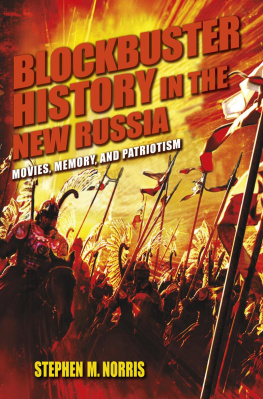
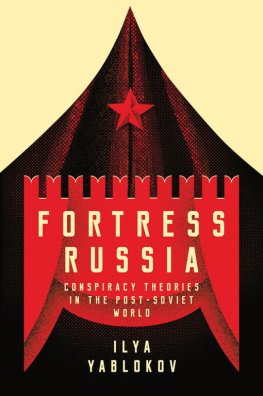

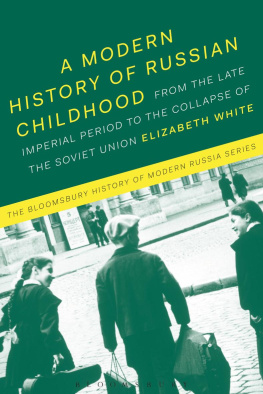
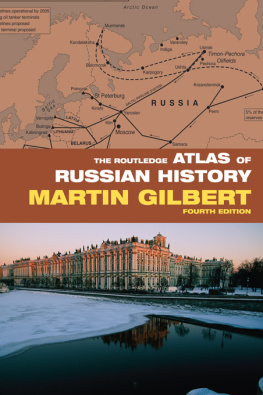
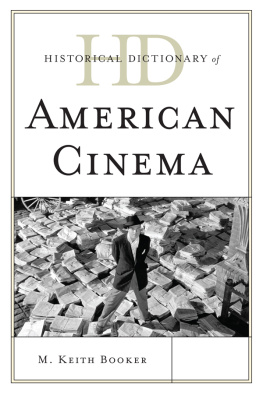
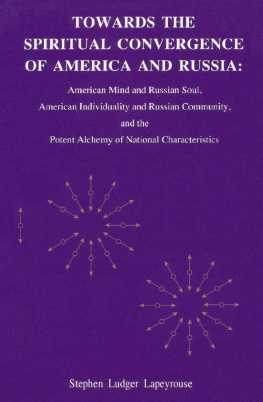

 The paper used in this publication meets the minimum requirements of the American National Standard for Information SciencesPermanence of Paper for Printed Library Materials, ANSI Z39.48-1992.
The paper used in this publication meets the minimum requirements of the American National Standard for Information SciencesPermanence of Paper for Printed Library Materials, ANSI Z39.48-1992.